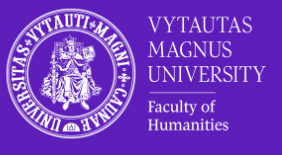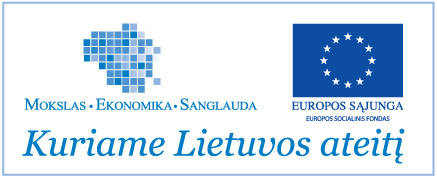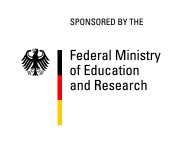Expected outcomes
The international master in Sociolinguistics and Multilingualism is research-based and research-oriented. It educates new-generation sociolinguists who will possess
- A broad scholarly and practical understanding of the parallel use of multiple languages in Europe;
- A professional awareness of the social dynamics and the cultural, political and socioeconomic impact of multilingualism in varying European contexts.
The following key competences will be acquired:
- Professional skills as trained sociolinguists
The graduates will demonstrate sociolinguistic knowledge and understanding at a level which provides a solid basis for originality in developing and/or applying ideas within the context of demanding work assignments, including research tasks within and outside of the academia. They will possess problem solving abilities that will allow them to function in complex, new or former unfamiliar societal environments within broader and multidisciplinary contexts related to their field of study, and, when needed, they will be able to make rational judgments even with incomplete data.
- Professional communication skills
Critical thinking and practical research skills are emphasized and systematically supported by developing the students’ competences in academic communication in the involved languages, as well as in co-operation, dissemination and management of (student) research projects.
- Strengthened capacities to lifelong-learning
During the program, the students are encouraged to self-directed or autonomous study. They will qualify themselves in independent acquiring scholarly knowledge and understanding, making informed judgments and choice and communicating knowledge and understanding in a professional manner. These capacities will qualify them for continuing their academic career in a graduate school but also furnishes them with skills that today are compulsorily needed in the ever-changing labor market.
- Interdisciplinary competences
Attention is paid to advancing the student’s interdisciplinary skills in the use-based linguistic theories beyond sociolinguistics, as well as in cultural and political sciences as well as in the constructive theories of sociology.
- Language skills
Within the framework of the obligatory, in-built student mobility covering partner universities the program offers a unique in Europe combination of lesser-widely used and taught languages.
- Cross-cultural communication competences
The language courses and the student mobility offer a fertile live context for deepening one’s cross-cultural awareness and developing cross-cultural communication skills; acquiring the awareness as well as learning new patterns of communication is supported by the academic contents of the program.
- Knowledge application in practice
Graduates will be able to identify and formulate sociolinguistic research problems by using sociolinguistic background information on Nordic and Baltic societies and information retrieval skills in order to formulate a coherent discussion of a sociolinguistic problem in general, and a multilingualism-concerned problem in particular; to plan and supervise individual research-based contributions to sociolinguistic knowledge bearing on a significant problem concerned with multilingualism in Baltic-Sea Europe; to conduct empirical research projects, deal with existing research knowledge, and also gain interdisciplinary methodological skills.












